Lindz Amer is the founder and CEO of Queer Kid Creative, a multi-media production company spreading queer joy through queer-focused intersectional all-ages media. They write, produce, and co-host Queer Kid Stuff, an original LGBTQ+ educational webseries for all ages and supplementary educational resources. In this series, Lindz performs songs and stories for families. They also produce and host a recently launched, family-friendly podcast called Activist, You! focused on social justice wherein they interview kid & youth activists.
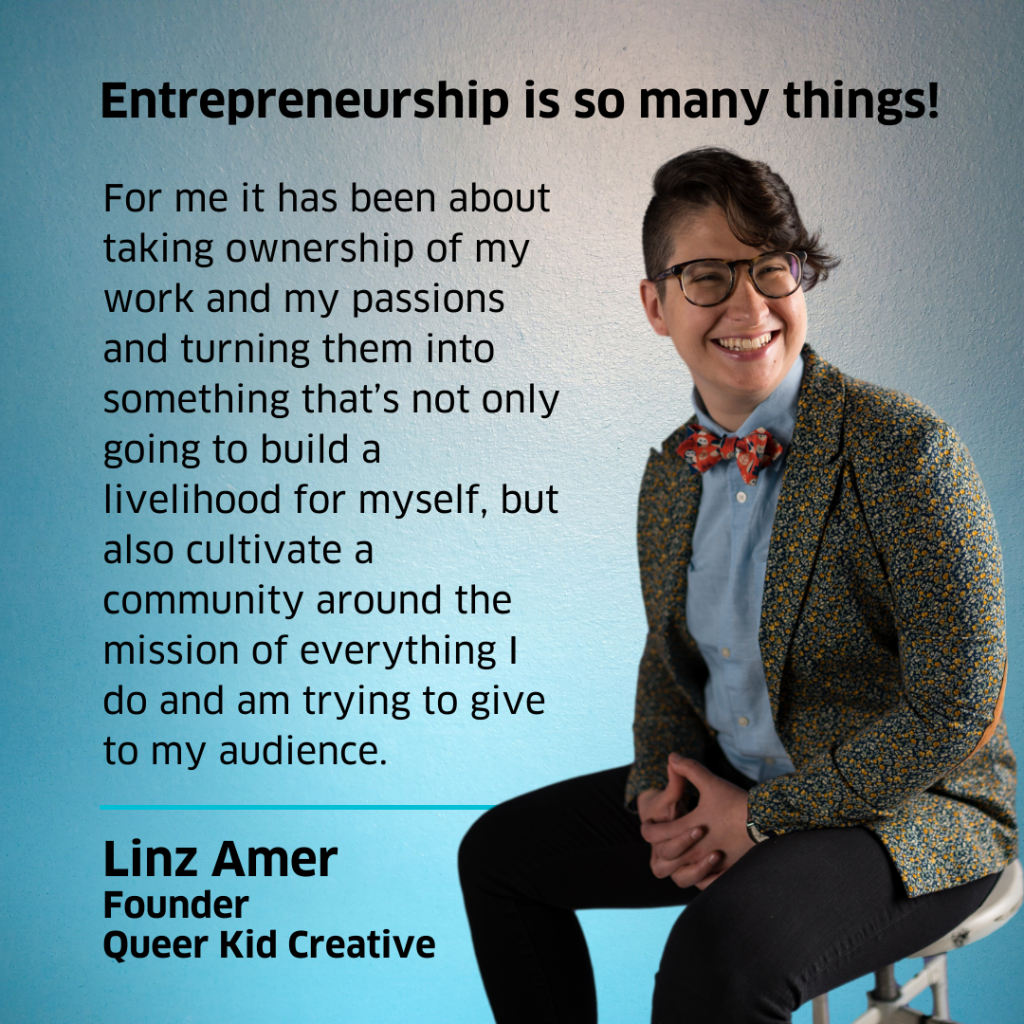 What does “entrepreneurship” mean to you?
What does “entrepreneurship” mean to you?
Lindz Amer: Entrepreneurship is so many things! For me it has been about taking ownership of my work and my passions and turning them into something that’s not only going to build a livelihood for myself, but also cultivate a community around the mission of everything I do and am trying to give to my audience.
How did your company come to be?
LA: It has been a winding road for sure. It all really started with a little webseries called Queer Kid Stuff that I started on YouTube right out of grad school. The series garnered some attention (both wanted and unwanted) and grew an audience! Since then, I started doing live performances, and speaking, and doing workshops, and creating a podcast, and educational materials. It’s really been an organic growth, although it never came easily.
How has your business changed in response to the COVID-19 pandemic?
LA: Our live performances have obviously had to go fully virtual since the pandemic. That’s the biggest change, but there’s also been a larger shift in understanding what we could provide to our audience and community and we’ve really shifting toward our educational resources and providing support for families who want to educate their young kids about LGBTQ+ topics. We are still working in the production and media side of things, but those efforts have shifted to deals with larger organizations and our in house efforts are focused mostly on education and community building right now!
What is your proudest and darkest moment so far? Share a key high and a key low from your journey if you can.
LA: One of my highest moments was definitely giving my TED Talk. It was nerve-wracking, but it was incredibly fulfilling to get our message out there and it has become an invaluable calling card to hook people into the work we are doing. But it comes hand in hand with some of the darkest moments because the day my TED Talk hit 1M views, was a day that I was the brokest I’d ever been hugely in debt with no income to speak of after having moved cities with my partner. It was a dark time for sure. The whole endeavor really has been an uphill battle. The first video from the webseries was picked up by a neo-nazi publication and that was a truly traumatic experience that, years later, I’m still working through some of the effects it’s had on my life. But what I truly miss is performing live in front of families. The kids faces and the parents who come up to me after a performance and the emails in my inbox are what make it all worth it.
How is your company changing the landscape?
LA: We’re trying to bring LGBTQ+ and social justice media and education to all-ages, that means babies to your great-great grandma. We’re spreading queer joy in order to create a queer-affirming world. I don’t think you can get much bigger than that!
What do you wish you knew when you started? Is there anything you would do differently?
LA: I wish someone had sat me down and walked me through the financial and legal side of it all. I didn’t (and still barely) know how to balance a budget. I didn’t know how to file for an LLC, or where to get the money to do it. I was a theater major in undergrad and most of my training is in gender studies, civic engagement, and storytelling. We don’t teach artists how to be business owners and that’s a huge problem.
What advice/credo do you live by as you grow the business / what is your professional and personal mission statement?
LA: My team and I came up with our core values as an expansion of our mission to spread queer joy through all-ages media and education. The five core values we came up with are for our work to be queer-full, joyful, community-centered, intersectional, anticapitalist (a tough one for an entrepreneur!), and working toward children’s liberation. These values have informed how we’ve developed our initiatives moving forward and have given us a north star to come back to when we feel lost.
Where do you find inspiration when faced with challenges?
LA: The queer community. There are so many people working incredibly hard toward queer liberation and I’ve learned to look to other folks in my community and on my team for inspiration, but it can be really hard!
What does “success” look like for you? What do you think will help you achieve it?
LA: I’m someone who is rarely satisfied (it’s a hyperachiever mentality that I’m working on dismantling), but for me, real success is in creating a sustainable space that works and pushes and supports progressive change and brings queer joy to families. Real and true success in that mission looks like me stepping foot in Russia one day to give a queer family performance without getting arrested. I think the way I achieve that is through stubborn perseverance and global community building.
Has personal or professional “success” changed for you since the COVID-19 pandemic?
LA: Oh for sure! Before the pandemic I felt incredibly unfocused in my work. I knew what I had to do but really struggled to find the time and the drive to carry it out in a truly purposeful way. I was bopping around, doing my thing, but I hadn’t really sat down and thought about how to grow something meaningful and stable and based in community before the pandemic forced me to sit inside all day and think. I also think a huge game-changer for me was getting access to SBA disaster loans and being able to bring on a few team members who could help me develop and become accountable to a larger vision.
What’s it like to work alone or with your partners? What advice do you have for fellow entrepreneurs about building and leading teams?
LA: This one is tough for me because I’ve only just started with my team! For me, it’s all about understanding what kind of leader I wanted to be. That was about transparency and communication and about giving my team ownership over their domains and showing them that I trust them! It’s not just the Lindz show, we’re building something together that’s bigger than any one of us and I think that’s a more enticing proposition than grunt work for the sake of grunt work.
Many entrepreneurs continue to perfect their daily routines to support their work and greater vision; would you mind sharing your morning routine or a regular ritual that grounds your work each day? How has it changed in recent months?
LA: Sure! The structured routine-thing is still relatively new to me, at least in a purposeful architectural way where I went and started thinking about designing my days. I get up around 8 or 9ish, depending on how late I stayed up and do a quick once over of my social media and emails. I hydrate before I walk the dog or do a quick sun salutation before I make breakfast (whole wheat toast with avocado and a fried egg on top)—I’m very much a creature of habit—and make a pot of English breakfast tea. I’ll listen to The Daily and What A Day (from Crooked Media) to get my news and start switching into work mode. Before I start anything, I do a quick 10-minute meditation—I started doing this a few months ago after being a naysayer for a long time and it’s truly been a gamechanger. Then I’ll take a look at the various ongoing project board I have going between my slate for my business, my ongoing writing projects, and personal annual goals and update those spaces with anything new. I’ll make my daily to do list with stuff I’ve got in my reminders app, emails I’ve snoozed or are still hanging out in my personal and work inboxes and I’ll check out my calendar to see what my day/week look like. I’ve also started to prioritize my to do lists (A, B, and C) and that’s helped me prioritize my day. I really do love a checklist, to do lists have helped my productivity immensely. And then I’ll start plugging away at things! Some days I’m more focused than others and some days I have too many meeting and can’t get as much done, and somedays I set aside for bigger writing projects. I’ve also started using the Pomodoro Technique especially when I’m finding it hard to motivate myself to get into a task. I was diagnosed with ADHD pretty recently and I’ve been using a lot of these tools to deal with some of the executive dysfunction that keeps me from being focused and on task. I’m really bad about remembering to eat lunch, and I haven’t quite cracked the code on a regular exercise routine, but I’m working on it! At night, I have tea before bed and try to remember to journal and write out what I’m grateful for that day.
What keeps you motivated during this time?
LA: It’s really motivating to see that the tides are really starting to turn. It’s a slow shift, but we have been witness to a cultural reckoning over the past year and people are starting to truly understand the importance of the work I’m trying to do. So that’s definitely helpful, especially when I can’t be in front of a live audience.
What kind of an entrepreneur do you want to be known as, as in, what do you want your legacy to be?
LA: The easiest comparison is that I’m trying to become the Queer Mister Rogers! That’s about the kind of public figure I’m working to become and the broad scope of the work I’m trying to do as a writer, performer, creator, activist, and community-builder.
What is a quote or some words of wisdom that help get you through the tough days?
LA: “Just keep swimming”
Have you experienced mentorship in your career? Do you feel it was easily available to you?
LA: I have to varying degrees. You know, it’s been really tough to find meaningful mentorship in the work I’m trying to do. Something I come back to thinking about a lot is that so much of the queer community that came before me was decimated by the AIDS epidemic. So many who could have been with us today, are not with us. It has created a void where our queer elders would have been to bring us up and guide us. I have found a few mentors who have helped me, but they have been few and far between.
Who are the people who have mentored or influenced you in your life or career? How has their influence changed the trajectory of your entrepreneurial journey?
LA: You know, it’s really hard to point to any one person because I really have had to do a lot on my own. My team at Queer Kid Creative has really pushed me in incredibly meaningful ways to be accountable to them and to myself in the vision and mission we are working toward. I had two mentors when I was an undergrad who helped shape my trajectory and shown me the spaces I wanted to occupy in my work. I recently had an experience with an incredibly successful and influential mentor who helped me connect to a network I had struggled to find before then. But I think my peers have been even more impactful. These are the people who’ve watched me grow and have cheered me on and have witnessed when I’ve stumbled and taught me that it’s worth it to get up again and keep going. Yes, mentorship is incredibly valuable when you can find it, but my support system has been the most meaningful influence for me, particularly as a person who is really trying to do something that doesn’t have a set path forward.
Do you have someone you’d like to nominate to be profiled in our Faces of Entrepreneurship series? Please let us know by emailing media@thecenter.nasdaq.org.
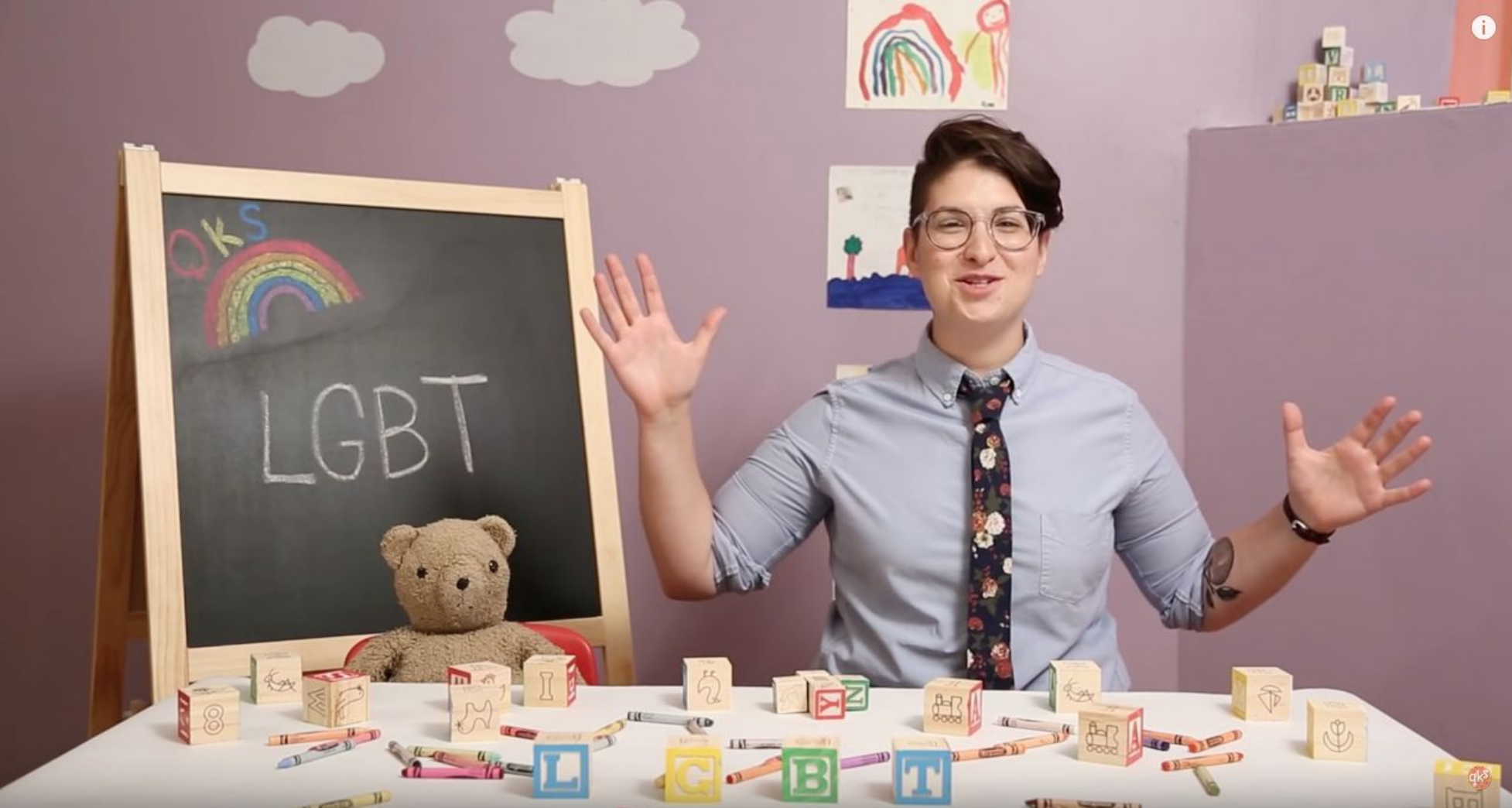
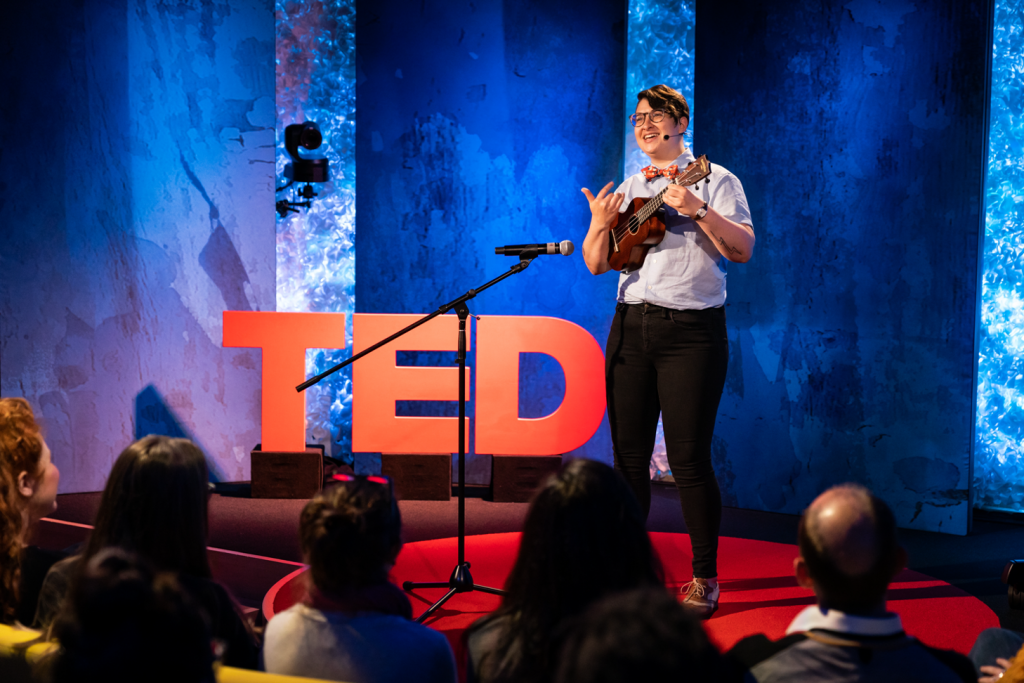
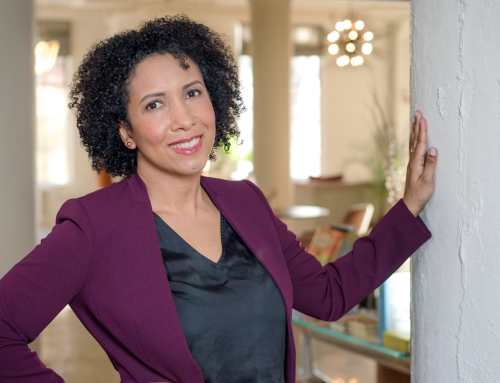
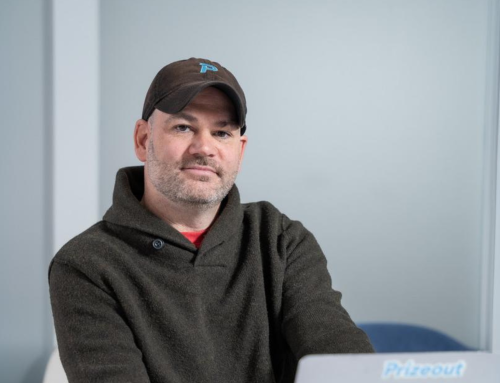
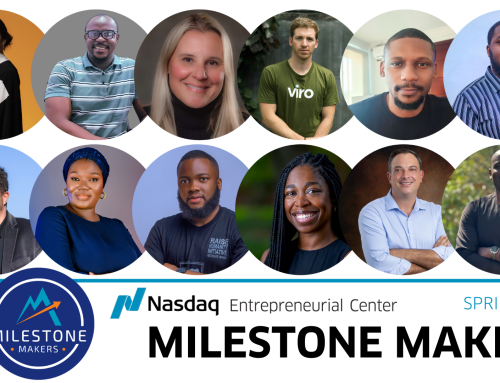
Invite a Friend
Close